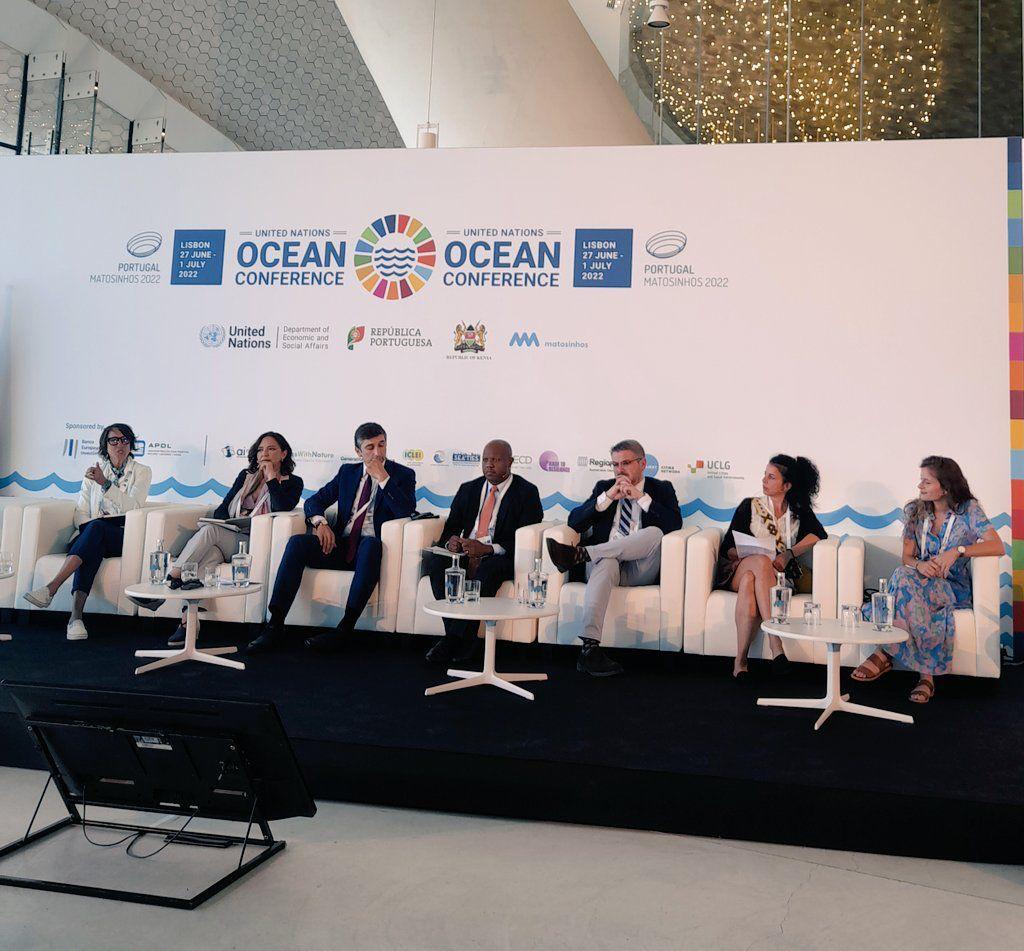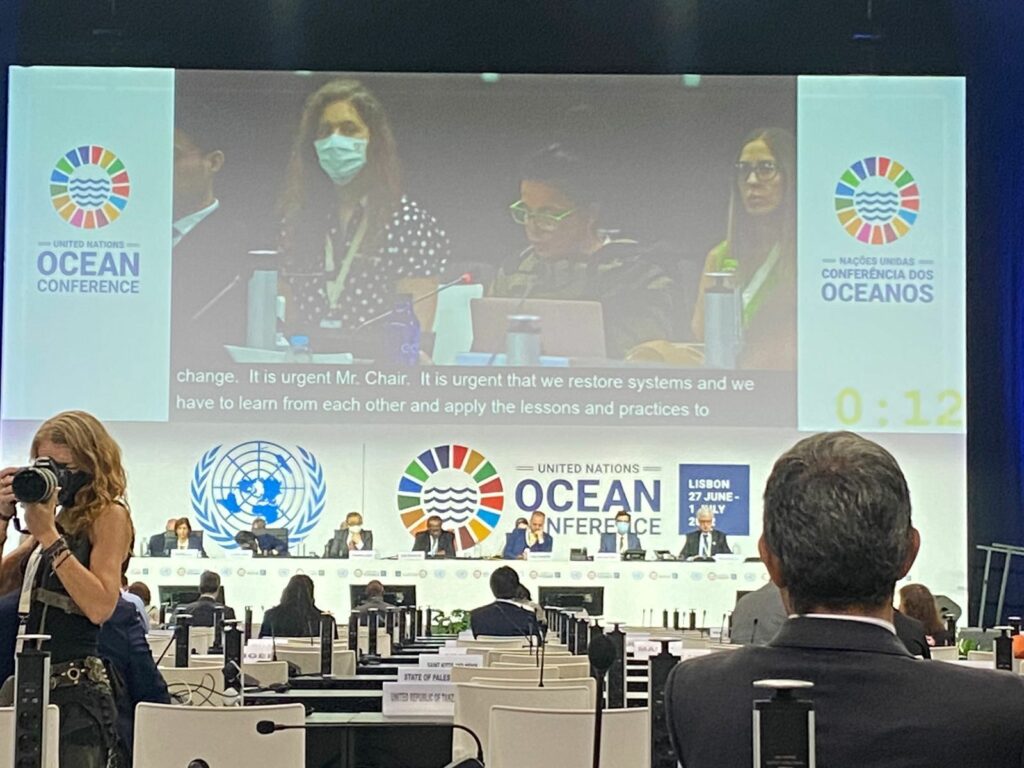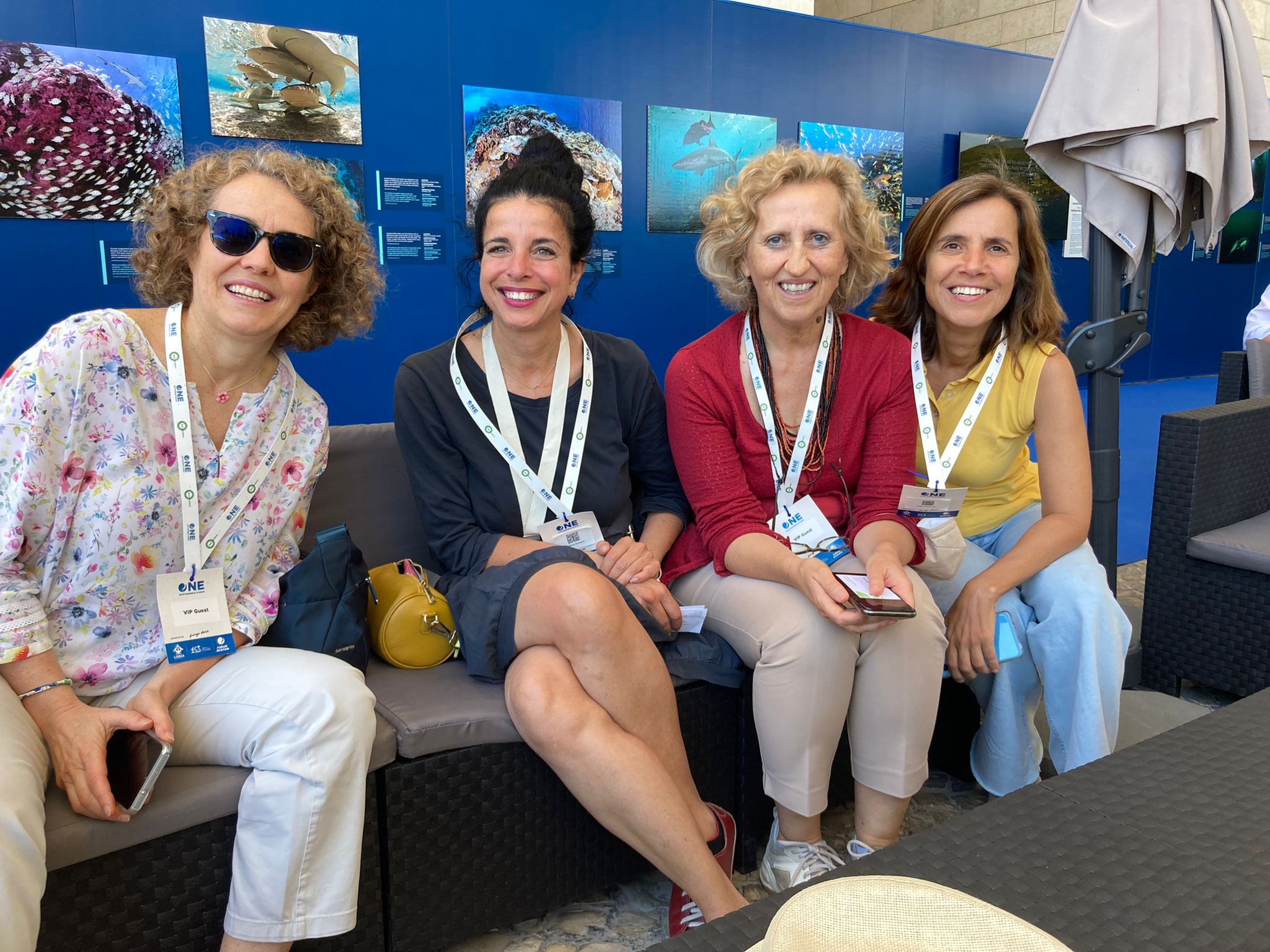The conference brought together national and local governments, UN agencies, and multiple stakeholders across different sectors to explore and identify solutions aimed at finding major structural transformations and common shared solutions, to be anchored in the SDGs.
Under the theme ‘Scaling up ocean action based on science and innovation for the implementation of Goal 14: stocktaking, partnerships and solutions’, discussions focused on leveraging interlinkages between Sustainable Development Goal 14 (SDG 14 – Conserve and sustainably use the oceans, seas and marine resources for sustainable development) and other SDGs towards the implementation of the 2030 Agenda for Sustainable Development. Throughout the conference, the linkages between SDG 14 and goals related to clean water and sanitation, poverty, food security, health, women, decent work, climate action, cities, terrestrial ecosystems, and partnerships were emphasized.





